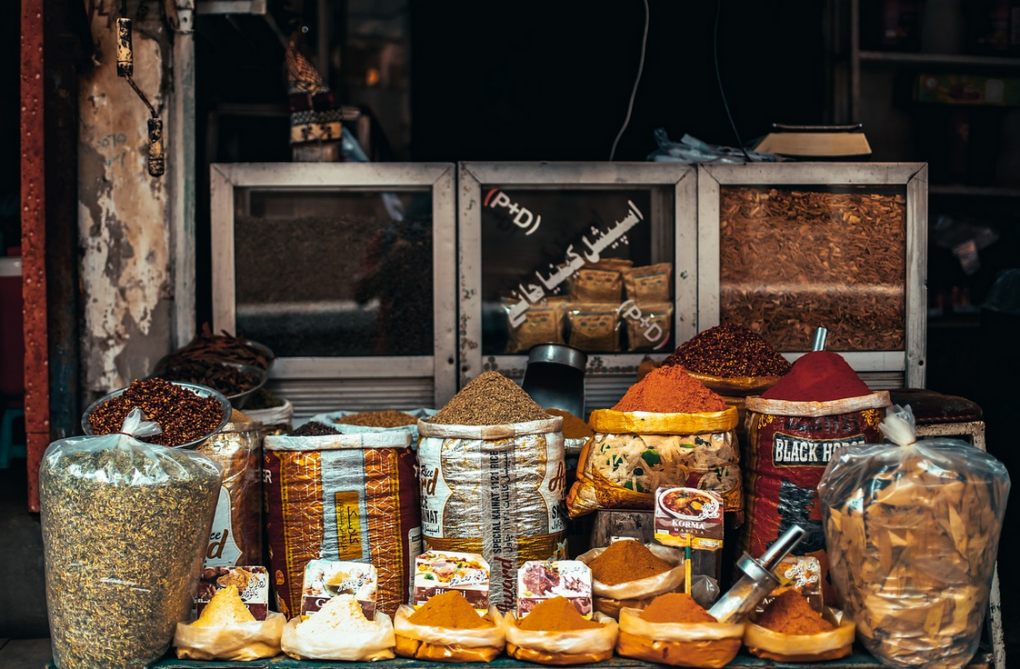3 spices you should always have in your kitchen for flavor and health
Let’s face it: food can be really bland without seasoning. Nobody wants to eat flavorless food, which is where herbs and spices come in. They can not only make food more exciting, but they can also make a meal healthier as well. There are over 300 herbs and spices that are used in kitchens across the globe, many of which have great health benefits. However, these are the three that I always keep in my cooking rotation as a dietitian.
Cinnamon
Cinnamon is one of the most popular spices out there. You’ll find it in many savory dishes, but also sweet ones. It acts as a strong antioxidant that can help reduce inflammation in the body. Aside from this, studies show that it can benefit your blood sugar levels.
Some research shows that even as little as half a teaspoon could be effective. It’s easy to find and even easier to throw into meals and even snacks. My favorite way to incorporate it is by adding it to smoothies, on top of chopped apples, sprinkling over pancakes (or in the batter), stirring it into oatmeal, and even simmering a whole stick in braised beef dishes.
Turmeric
Ever wonder why curry is yellow? The answer would be the turmeric spice! It contains several different compounds, most notably curcumin. You can consume turmeric as a spice or take it as a supplement.
Natural Blaze is Google-Free — We Need Your Support
Contribute Just $1 Per Month at Patreon to Aid the Cause of Health Freedom
Today, the spice is most used in Indian cuisine. However, its humble beginnings can be traced back to Indian Ayurvedic medicine thousands of years ago. In this culture, it’s thought to strengthen the body’s energy, relieve gas, aid digestion, regulate menstruation, improve arthritis, and more. Recent studies have shown that turmeric can protect the brain, reduce the risk of heart disease and cancer, and relieve arthritis. Whenever I make curry, I always pull out the turmeric!
Garlic
Garlic is technically a root veggie, but it’s included on this list because we use it as a spice in cooking more often than not. It’s part of the Allium family and is closely related to onions, shallots, and leeks. It grows in plenty of places around the world and is a staple in millions of kitchens because of the smell and depth of flavor it adds to dishes.
Garlic has also been used for its medicinal properties for thousands of years. The Egyptians, Greeks, Romans, Chinese, and Indians have all been documented to have included it for these reasons during ancient times.
Garlic has been shown to reduce cholesterol levels and, therefore, heart disease risk. It also contains antioxidants that support the body’s ability to protect itself from oxidative damage, which has been shown to drive diseases like diabetes, cancer, and heart disease.
Bottom Line
Ancient cultures have believed in the power of herbs and spices for thousands of years. Science has been able to back up some of these claims, which makes seasoning your food even more important. You’re not only adding flavor but health benefits!
While some claims about these seasonings aren’t as substantiated by research, that doesn’t mean they never will be. Food should be enjoyable; herbs and spices are a great way to encourage that in your dishes. Cinnamon, turmeric, and garlic are three spices that I never allow myself to run out of in the kitchen. They aren’t only tasty and versatile, but they have some solid health-related evidence behind them as well.
Source: Study Finds
Shyla Cadogan is a DMV-Based acute care Registered Dietitian. She holds specialized interests in integrative nutrition and communicating nutrition concepts in a nuanced, approachable way.
Image: Pixabay


 By
By 
